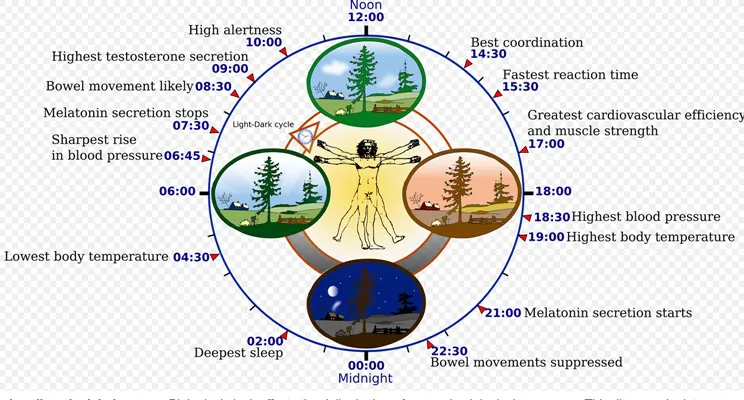
Extensive Hair Loss Links Found To Type 2 Diabetes And Scalp Infections In African American Women
 The Archives of Dermatology recently published the results of an informal study which found that African American women with the most extensive hair loss had higher rates of Type 2 diabetes and bacterial scalp infections than those with mild or zero hair loss.
The Archives of Dermatology recently published the results of an informal study which found that African American women with the most extensive hair loss had higher rates of Type 2 diabetes and bacterial scalp infections than those with mild or zero hair loss.
Very little research has been done of the cause of the problems plaguing many African American women suffering from severe and permanent hair loss. In the past there was thought to be a direct link to hair loss in black women with various chemicals used to straighten hair or the prevalence of braids, weaves and extensions used in the hair.
Now researchers are addressing the issue of hair loss among black women. Dr. Angela Kyei, a chief resident at the Cleveland Clinic Institute of Dermatology and Plastic Surgery is the lead author on the informal study report on the issue of hair loss for African American women.
Centrifugal Cicatricial Alopecia Or C.C.C. A
The study reports that nearly one-third of a group of 326 African American women had a type of central hair loss called central centrifugal cicatricial alopecia, or C.C.C.A.. This hair loss condition is diagnosed almost exclusively in African American women. The 325 African American women were tested at two African American churches and a health fair for African American women in Cleveland, Ohio.
The report provides insight into the scope of the severe hair loss and suggests the problem is not just skin deep. Of the 326 responders, 28% received a grade of 2 or higher using a standardized, previously published central scalp alopecia photographic scale, a score consistent with clinically evident central hair loss.
Advanced central hair loss with clinical signs of scarring (grade ≥3) was seen in 59% of these respondents and was interpreted as clinically consistent with CCCA. Diabetes mellitus type 2 was significantly higher in those with CCCA (P = . 01), as were bacterial scalp infections (P = .045) and hair styles associated with traction (eg, from braids and weaves) (P = .02).
Hair Loss Due To Traction Hair Styles, Diabetes And Scalp Infections
Survey results suggest that there is a high prevalence of central hair loss among African American women. Hair styles causing traction (tight braids, weaves or extensions) as well as inflammation in the form of bacterial infection may be contributing to the development of CCCA. The increase in diabetes mellitus type 2 among those with CCCA is in line with the recent theory that cicatricial alopecia may be a manifestation of metabolic dysregulation.
Summary
Bottom line? While salon hair styles like tight braids and weaves may contribute to C.C.C.A., medical conditions like Type 2 diabetes might also play a role. People with diabetes tend to be susceptible to infections, including scalp infections. This may predispose some women to hair loss after salon treatments.
More Information
Please follow me on Twitter at: http://Twitter.com/HairBoutique. I look forward to meeting new people from all walks of Twitter and learning from their Tweets. Visit us at Hairboutique.com located at: http://www.HairBoutique.com, on Facebook, MySpace and YouTube.
Thank you for visiting us at The HairBoutique Blog and for leaving your comments. They are very much appreciated. We apologize in advance but must remove any direct advertisements or solicitations.
Social Media Network Information
Please follow us on Twitter at: https://Twitter.com/HairBoutique. I look forward to meeting new people from all walks of Twitter and learning from their Tweets.

















